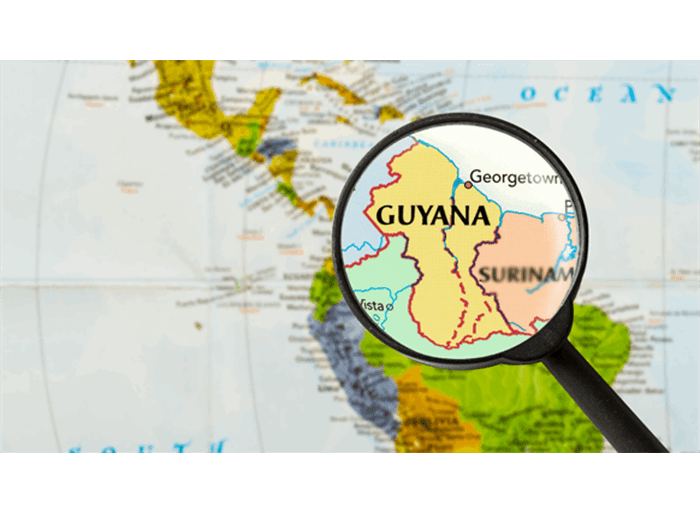Recognising that Guyana’s institutional capacity to oversee and manage the Oil and Gas sector “is limited in the various relevant government ministries, commissions and other departments” the World Bank says enhancing this capability is crucial if the South American country is to be able to successfully manage the coming windfall from oil production.
In its appraisal of a US$20M programme geared towards capacity building for Petroleum Resources Governance and Management in Guyana, the financial institution said there is a large capacity gap at administrative and technical levels responsible for the management and oversight of Guyana’s nascent O&G sector. “This includes a shortage of O&G experts in the relevant ministries and departments,” the World Bank said, pointing out that limited personnel in the recently established Department of Energy (DE) and other agencies such as the Guyana Geology and Mines Commission (GGMC) and the Environmental Protection Agency (EPA), poses challenges.
“The GGMC, responsible for regulating the O&G sector in Guyana, has only eight people trained in O&G, a relatively small budget, and is being overwhelmed with the requirements of processing/interpreting increasing volumes of valuable petroleum data. Similarly, the EPA is beleaguered by the complex and outdated environmental licensing and permitting process and is limited by a mismatch between its actual human/financial/technical (equipment/laboratories) capacity and the broad mandate it has been assigned under the Environmental Protection Act,” the World Bank stated.
“The buildup of institutional capacity is crucial to improve the Government of the Co-operative Republic of Guyana’s capabilities to oversee and monitor the O&G sector,” the Bank added.
Notwithstanding the challenges, the World Bank said Guyana remains committed to reforms and continues to make strides towards enhanced transparency of natural resources.
It noted the country’s admittance as a candidate to the Extractive Industries Transparency Initiative (EITI) on October 25, 2017. In accordance with the EITI Standard, Guyana is required to publish its first EITI Report on April 25. The Bank also lauded Guyana’s commitment in late 2017 to release major contracts between the Government and companies in the extractives sector. “These are important steps towards enhanced transparency, the promotion of dialogue among key stakeholders based on reliable information, and the responsible and effective governance of the O&G sector in the pursuit of sustainable development,” it said.
Additionally, the World Bank said over the last several years, the Guyana Government has completed, independently and with donor support, a review of the existing O&G sector governance, established an Inter-Ministerial Technical Committee on Petroleum to develop a clearer direction and strategy for the O&G sector and initiated efforts to strengthen the public investment management (PIM) processes in anticipation of large revenue flows. Authorities have also undertaken scoping studies – e.g. gas-to-power studies – and produced various legal and policy drafts, including O&G policy (2016), local content policy (2017 & 2018) and the Petroleum Commission Bill (2017 & 2018), some of which are pending finalisation.
On Thursday, April 11, Guyana’s Minister of Finance, Winston Jordan, signed the agreement for the US$20M World Bank funded initiative to build human resource capacity in the country’s emerging Oil and Gas sector.



